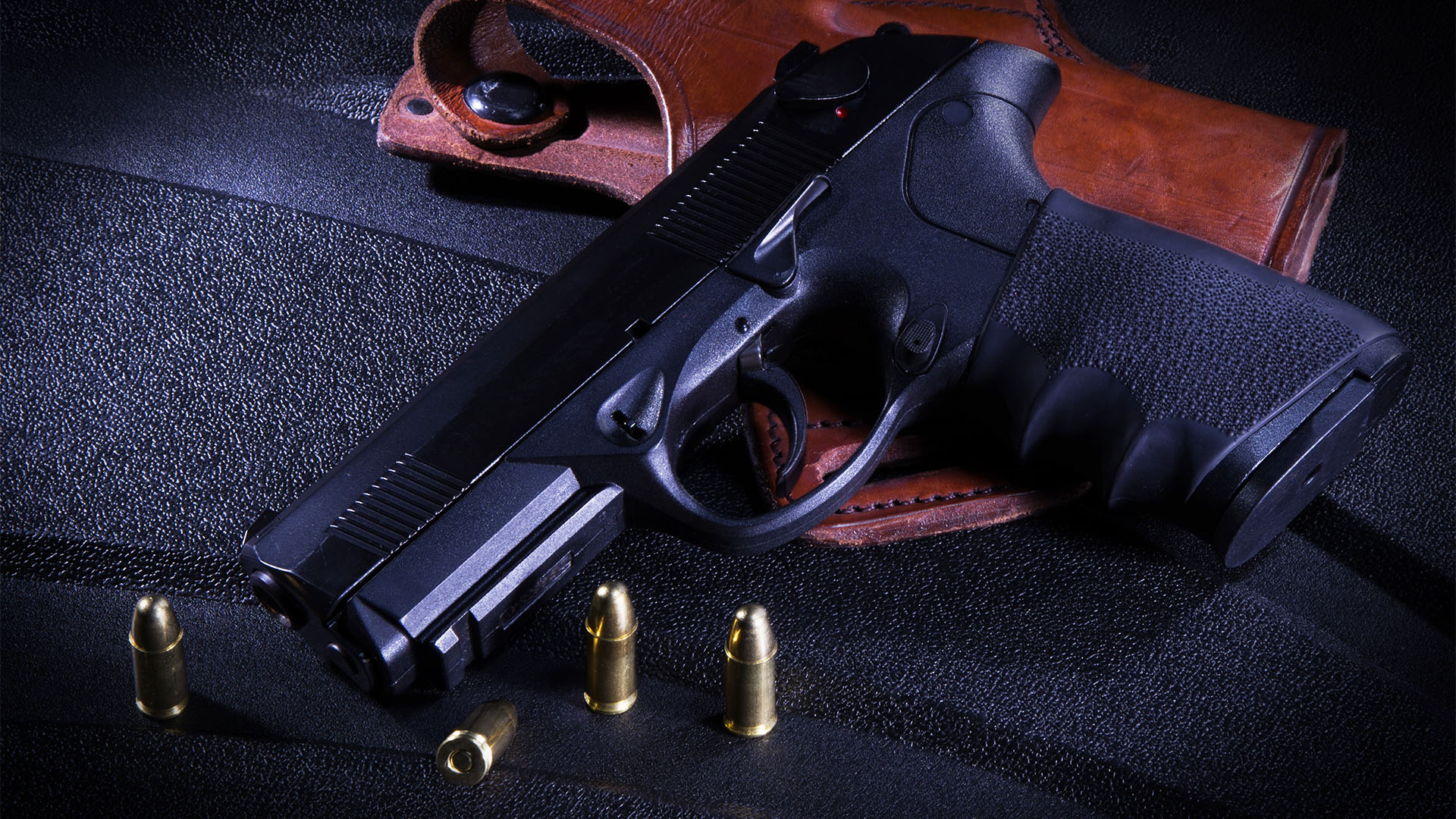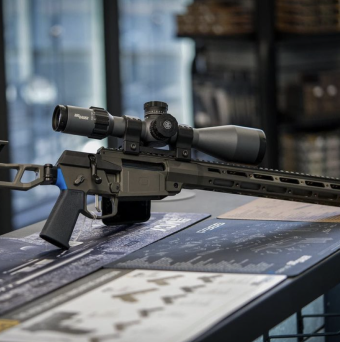Tactical home defense is a serious matter to consider. No one wants to think about a home invasion, but every home should have a well-thought-out, detailed, and realistic defense plan. Planning ahead can ensure you have a tactical advantage and that you are ready to defend your home and loved ones.
The first step in your plan should always be to make your home undesirable as a target. A combination of passive and active defenses will help accomplish this goal.
Deter and Detect Home Invaders
One passive defense is to make sure your home is well lit. Home invaders like to study their intended targets. They look for homes that offer cover and concealment. Having a well-lit exterior will deter them and will make them look for a better target.
While not everyone can afford a high-priced security system, having the illusion that you have one can also act as a deterrent. Security stickers on the windows or a sign in the yard will let a potential invader know that you mean business. Even a “beware of dog” sign can help with this goal.
Increasing the distance between yourself and someone who means to do you harm can help keep you safer, and the ability to detect an invader before they get in the home is critical to this. Use security cameras and doorbells, making sure they are properly placed with no obstructions.
While a wide-view camera is okay, it is better to have a camera that can clearly show the face of the intruder. This will make identifying them easier later on.
Lastly, make sure that all your exterior doors and windows are secure. Locking possible entry points will not only deter criminals, but it will also buy you time to respond to an invasion if need be. Every second counts, and you do not want an intruder to be able to walk right in your front door.
Defense Against Intruders
Passive defenses will deter and slow down an attack, but what happens if someone gains access to your home? Active measures of defending your property, or ones that have a direct physical effect on the intruder, will likely determine the next step in designing your self-defense plan. If a gun is a part of that plan, choosing the right one is crucial.
The gun you choose may not be the same gun that you hunt with or carry in public. You will want a gun with rounds that will not penetrate walls as you do not want a stray bullet hurting your family or your neighbors.
One way this can be accomplished is by choosing the best bullet for your gun. A lighter, softer round will likely disintegrate before passing through walls and adding accessories for safety and accuracy such as improved grips, tactical lights, and lasers will ensure better accuracy.
Physically practicing with your weapon should be an important step in defense preparedness. Safety training can improve both confidence and accuracy. The Hub can help you choose the best gun, ammunition, and ammo for your needs, and we also provide safety and CCW classes. You also can practice at our gun range to gain confidence and improve accuracy.
Keep it as Simple as Possible
A defense plan should not be over complicated. Planning is crucial to success. You will need to set up a safe place to store your items where they can be quickly and quietly retrieved in an emergency.
Items you may need in case of a home invasion are:
- Tactical Flashlight: Make sure that the batteries are fresh and ready to go.
- Home Defense Weapons: Items such as a pistol, baton, and pepper spray are all good options to keep on hand.
- Car Keys: These aid in escape and can set off the car alarm to scare intruders.
- Charged Cell Phone: Make sure your phone is completely charged so you will be able to call the police.
Every good home defense plan should have an exit strategy, especially if it involves children. Have a meeting place inside and outside of the house. Plan your route to the meeting point and include a primary and secondary route, such as windows.
Make sure that you and your family physically practice these routes. Everyone needs to know what to do and where to meet. It is a good idea to practice this once a month. That way, you and your family will have confidence and know where to go.
Know Your Laws
Knowing your state and local laws will help you create a defense plan that protects you and your family while minimizing the risk of legal consequences. Talking to a legal expert before you make your home defense strategy will help protect you, as well as taking training and concealed carry classes at your local gun shop with a certified instructor. You may also want to consider self-defense liability insurance.
Need Tips for Creating a Home Defense Plan?
If you are looking to purchase the right weapon for your home self-defense plan, our knowledgeable gun experts can help. We will answer all of your questions, and provide training, classes, and a safe place to practice.












